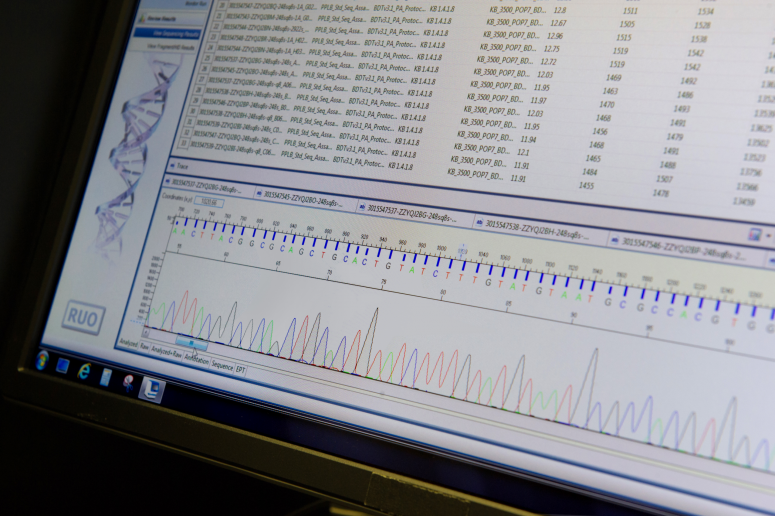
AcademyHealth’s President and CEO Lisa Simpson recently wrote about the power of data and evidence to inform and drive change in the health care system. In her blog post, she stated that, “turning data into knowledge and action requires more than artificial intelligence and massive processing capacity. It takes persistence, smart policy, properly aligned incentives and – perhaps most importantly – culture change.”
Her comment underscores the complexity that is less apparent in models and frameworks on the relationship between data, information, knowledge, and wisdom—i.e. the DIKW Pyramid, which suggests that the process of moving from data to knowledge and wisdom is step-wise and linear. In the Harvard Business Review, David Weinberger, a senior researcher at Harvard’s Berkman Center for Internet & Society, writes, “The real problem with the DIKW pyramid is that it’s a pyramid. … Knowledge is more creative, messier, harder won, and far more discontinuous.”
AcademyHealth is engaged in a number of activities to support the field through this messy culture change and to accelerate our collective knowledge and competencies in deploying data strategies to drive health care delivery improvement. By providing opportunities to bring together relevant stakeholders to network, share information, and discuss pressing policy issues, we aim to facilitate moving from data to knowledge to action.
Of course, a critical step in turning data into knowledge and action is first to make valuable data available, particularly datasets that aren't currently accessible to the field or accessible only at a high cost. That is the driving force behind the Robert Wood Johnson Foundation’s (RWJF) Health Data for Action (HD4A) research program, supported by AcademyHealth. Designed to leverage health data for actionable insights, each HD4A call for proposals (CFP) makes valuable data from unique data owners available to researchers.
The 2018 HD4A CFP is now open, and this year RWJF is doubling the number of datasets available to potential applicants. Applicants under this CFP will write a proposal for a research study using data from one of the following four data providers: the Health Care Cost Institute (HCCI), OptumLabs, CareJourney, or athenahealth.
Data from these providers range in scope and breadth. HCCI and OptumLabs provide a wealth of private claims data across a number of payers, and CareJourney’s access to the Centers for Medicare and Medicaid Service’s (CMS) Virtual Research Data Center (VRDC) will provide fully identified claim and claim line level detail for all Medicare FFS beneficiaries. athenahealth’s electronic health record provides rich detail on care delivery and patient obesity-related measures, which are well-suited for clinical research and studies of care delivery.
To broaden access to these valuable datasets, the 2018 HD4A CFP will provide access to data from one of these four data providers at no cost to the research team; however, the selected projects will not be accompanied by a financial award for personnel or other project-related costs. This will allow RWJF to provide access to the data for up to 26 research projects.
Potential projects could examine a wide array of topics, including health care utilization and spending, employer-sponsored insurance, competition and consolidation, opioid use and treatment, private insurance benefit design, geographic variation, accountable care organizations, low-value care, and obesity, among other topics. For more information and to apply, visit www.rwjf.org/cfp/hd4a2